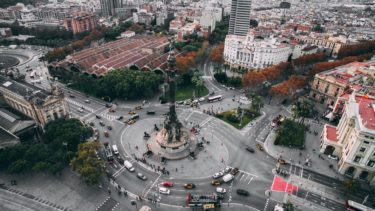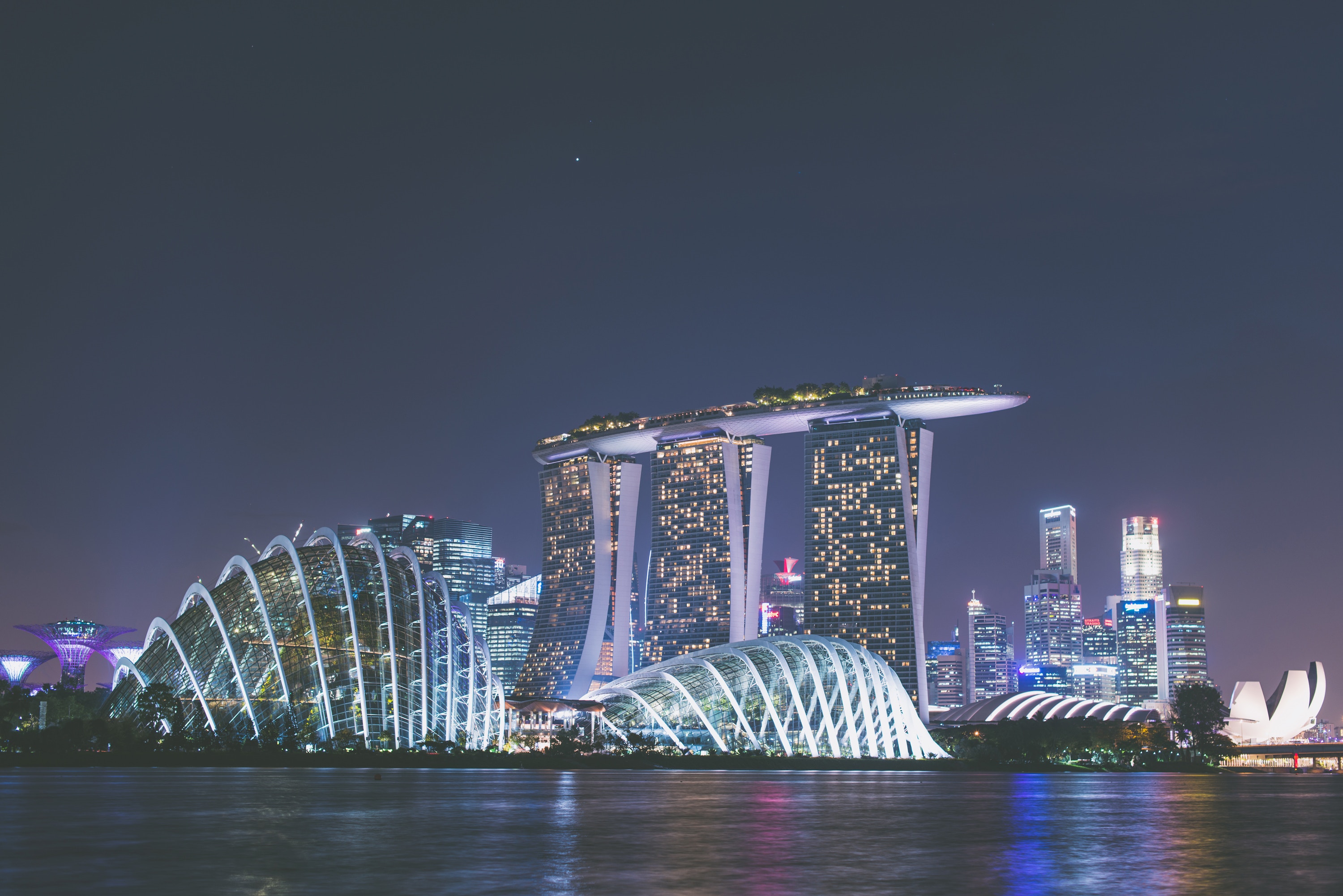Silicon Valley is home of the largest tech corporations and often is seen as the world’s flagship smart city, but Juniper Research says this conception is outdated.
What is a ‘smart city’?
According to a report by a market research firm in Basingstoke, UK under the name Juniper Research, smart cities are identified by adoption of smart grid technology, intelligent lighting, Wifi access points, among other factors.
“In terms of software applications, we looked at traffic apps and city information apps that leverage open sources” said Steffen Sorrell, senior analyst at Juniper. “We apply different weightings to transport and energy, which we believe are the most important elements in smart cities,” he added.
Resulting from a recent tech boom, San Francisco earned its fame as the lead smart city. However, according to Juniper’s report on the smartest city around the world, San Francisco actually ranks 4th, while Singapore is in the lead.
“Singapore is undoubtedly the world leader when we look at transport network,” Sorrell reported. The city tackled the congestion problem by investing a significant amount in road sensors, phased traffic lights and smart parking.
The city also scored high on smartphone penetration and internet speeds with average peaks at 135 Mb/s. Sorell reports that “The network is one of the cheapest in the world based on the cost of broadband per unit of currency.”

Runner-up, Barcelona.
Runner-up Barcelona, Spain, also ranked high on traffic systems, implementing smart parking technologies, as well as street sensors for air quality and noise levels.
“Barcelona’s strength is in its sustainable energy – smart grid pilot projects, smart meters and its comprehensive plan for reducing carbon emissions. On top of that it is rolling out smart LED lighting.”
Sorrell also expressed his admiration towards the city’s solution to the recent drought it faced. Sensors were installed in the ground to analyze rain and forecast coming rain, also control irrigation.
Coming in 3rd place, is one of the capitals of the world, London, England. The city deserves its spot on the list for the genius efforts it takes towards traffic congestion – especially considering the city has met a record-breaking 19 million international visitors in 2016.
“London has announced a 4 billion pound investment in roads over the next decade, included 200 million pounds investment in the bus network,” Sorrell reports.
Sorrell turns the attention to why it doesn’t rank first, and it’s because of the city’s “relatively poor energy use reduction initiatives.”
During the research, Sorrell pointed out that “Regarding energy consumption, we looked at the kinds of policies cities are taking. We looked in particular at what kind of policies the local government has made for sourcing sustainable energy.”
Previously mentioned San Francisco is one of the first cities in North America to adopt smart city technology. The startup hub has one of the highest densities of LEED-certified buildings in the country.
Sorrell credits the city of an aging-yet-successful public transportation system, but the city truly shines in the smart parking business. The SF Park initiative, launched in 2011 analyzes levels of occupancy parking, and changes parking fees according.
“San Francisco also has a good payment system. You can pay online, and contactless payment is available as well,” reported Sorrell.
Lastly, coming in 5th place is one of the world’s richest cities, Oslo, Norway; the city is a world leader in reducing energy consumption and greenhouse gas emissions.
The city aims to to drop emissions by 50% by 2020 and to become 95% climate neutral by 2030 and it’s on its way to do so by cutting energy used for street lighting by two-thirds by installing a network of smart lighting.
Along with great strides in carbon emission reduction, the city goes above and beyond with installing sensors that aid the care of the ill and the elderly, as well as a very elaborate electric-vehicle-charging network.
A particularly honorable mention goes to Sicily, Italy, home of the cities of Catania, Messina and Palermo. A smart city project under the name Smartme.io, headed by Antonio Puliafito, a computer engineering professor from the University of Messina – plans to revolutionize the cities to race against cities like San Francisco.
The program includes efforts to keep the streets clean by installing sensors that notify the sanitation department when public bins are full. More elaborate utilizations include smart parking that is connected to the residents’ smartphones so they can locate and reserve parking spots. There are also plans to develop more ways for the population to contact governmental agencies through their phones.












